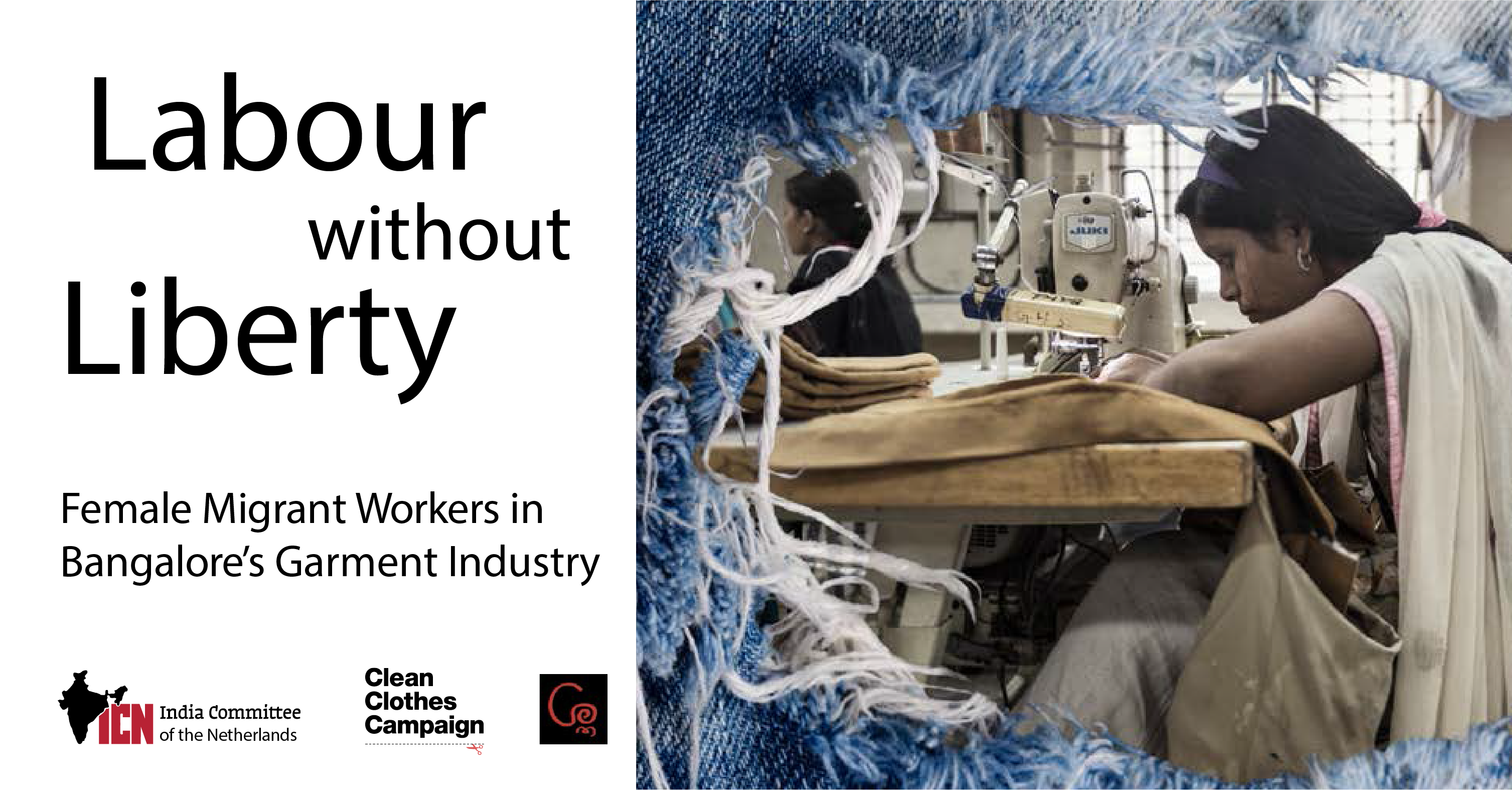Author:
Dr Mohammed Al Bhadily
Curtin University
2015
Rev. Integr. Bus. Econ. Res., Vol 4(4), 2015
Abstract
The Ready-Made Garment (RMG) industry is a significant sector for the Bangladeshi economy. Worth US$ 24.6 billion, it employs 3.6 million workers and positions Bangladesh as the second largest exporter in the world. Low cost production has made the Bangladesh RMG industry attractive to Western brands for outsourcing. However, RMG’s lower prices have consequences such as low wages, long hours for shifts, human rights abuses and unsafe work environments caused by factory fires and collapses. The recent deadly collapse of the Rana Plaza factory on 24 April 2013, which killed and injured thousands of workers, generated public and political pressure to improve RMG workers’ conditions in Bangladesh, leading to the 15 of May 2013 establishment of the Accord on Building and Fire Safety in Bangladesh (the Accord), which has been signed by the majority of Western retailers and brands. This paper aims to examine issues that undermined the Accord’s effectiveness as a sustainable protective measure for Bangladeshi RMG workers, such as the Accord’s limitation to a period of five years, the fact that it does not address human rights abuses, and that it has not been signed by all retailers. This paper explores potential alternatives to the Accord including extra-territorial legal solutions, such as criminal liability, class action and the Australian Corporate Code of Conduct Bill 2000, which may help to improve the RMG industry’s work safety environment and address human rights concerns.
Download
 CPD RMG Study Stitching a better future for Bangladesh
CPD RMG Study Stitching a better future for Bangladesh



